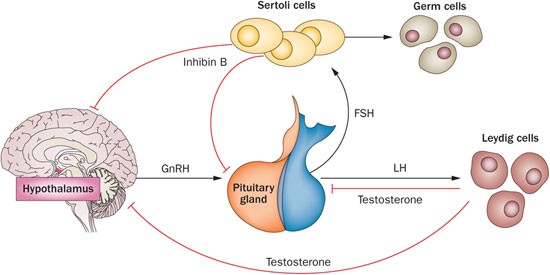In women, the menstrual cycle is regulated by a complex interplay of hormones, with FSH being one of the key players. At the beginning of the menstrual cycle, FSH levels rise, signaling the ovaries to begin developing follicles. These follicles then produce estrogen, which helps to thicken the uterine lining in preparation for a potential pregnancy.
As the follicles mature, one will typically become dominant and release an egg during ovulation. This process is also stimulated by FSH, which helps to trigger the release of the egg from the ovary. Following ovulation, the remaining follicle turns into the corpus luteum, which produces progesterone to support a potential pregnancy.
In men, FSH plays a slightly different role in fertility. In males, FSH helps to stimulate the production of sperm in the testes. It works in conjunction with luteinizing hormone (LH) to regulate the production of testosterone and sperm, both of which are essential for male fertility.
Imbalances in FSH levels can have a significant impact on fertility. In women, high levels of FSH can indicate a decrease in ovarian reserve, which can make it more difficult to conceive. Conversely, low levels of FSH can indicate issues with ovulation or hormonal imbalances that can also impact fertility.
In men, abnormalities in FSH levels can also affect fertility. Low levels of FSH can lead to decreased sperm production, while high levels can indicate issues with the testes or other reproductive organs.
Understanding the role of FSH in fertility is crucial for individuals who are trying to conceive. If you are having difficulty getting pregnant, it may be beneficial to have your FSH levels tested to determine if there are any underlying issues that may be affecting your fertility. Your healthcare provider can help you interpret your results and develop a treatment plan to optimize your chances of conceiving.





























Add Comment